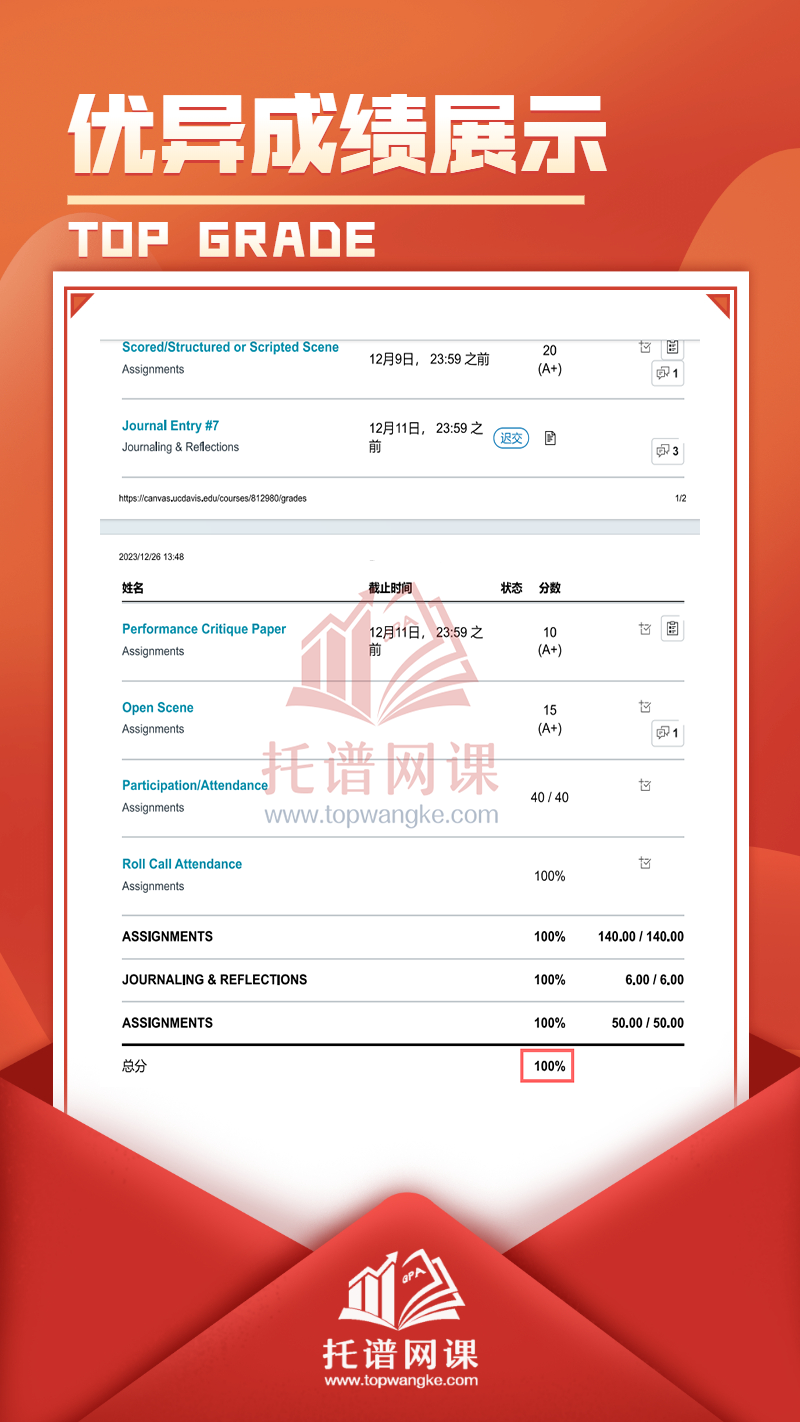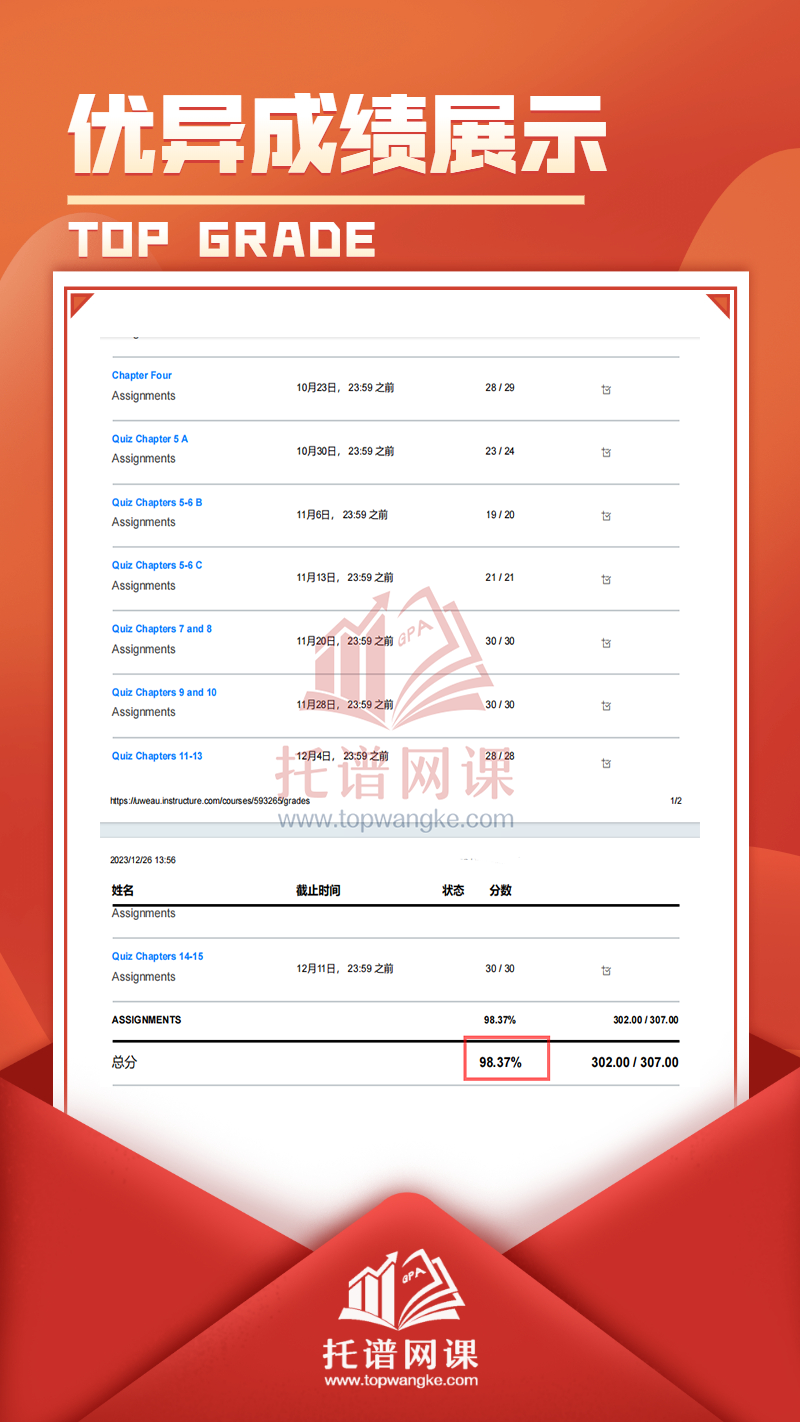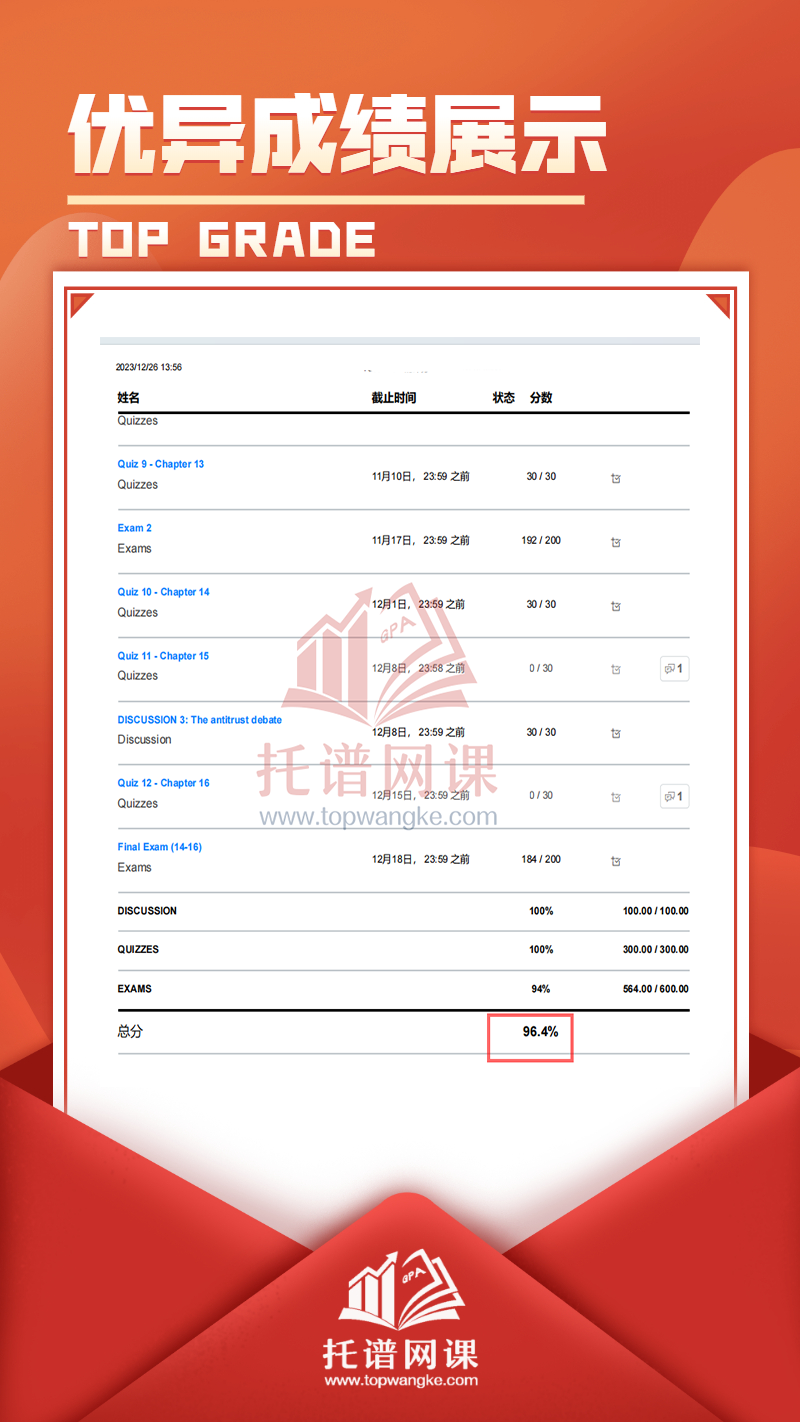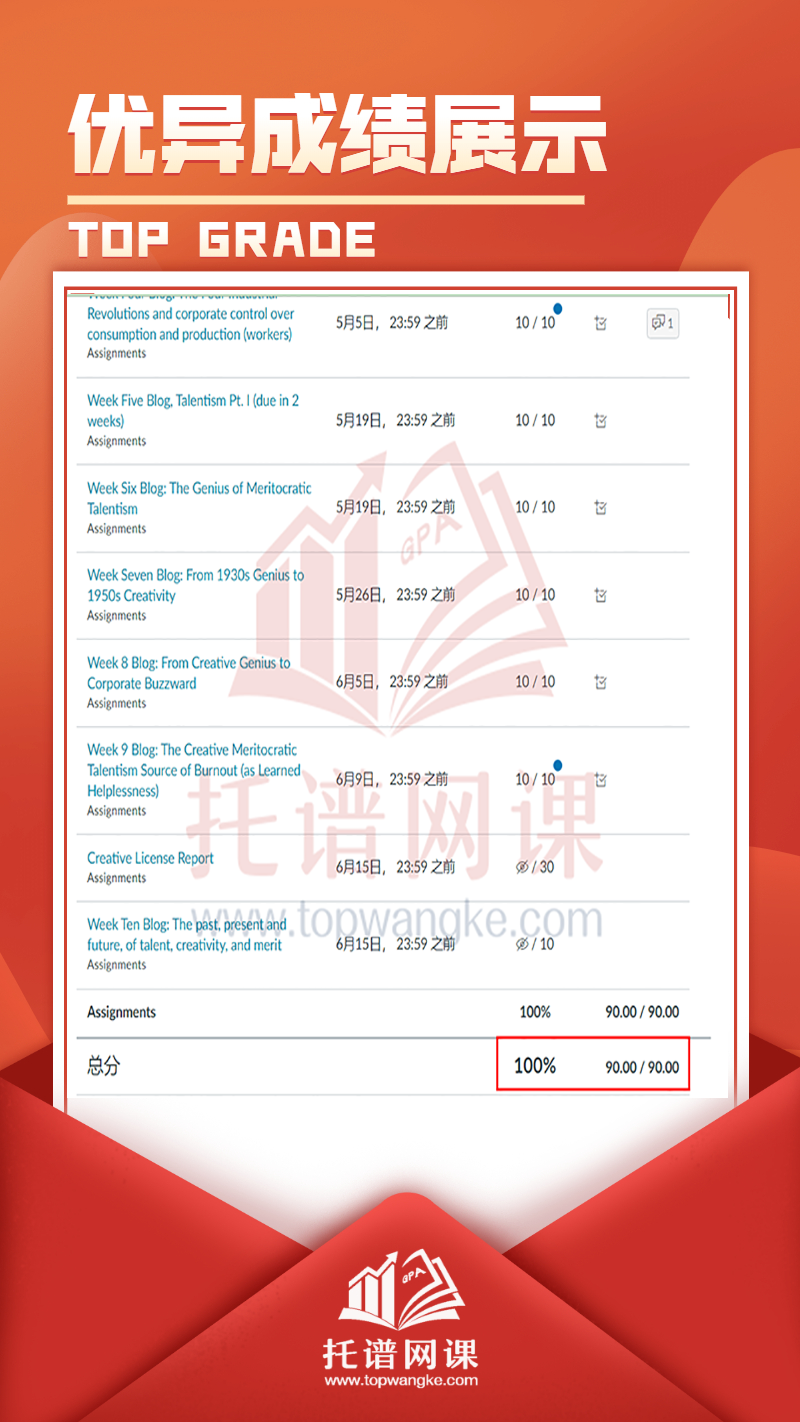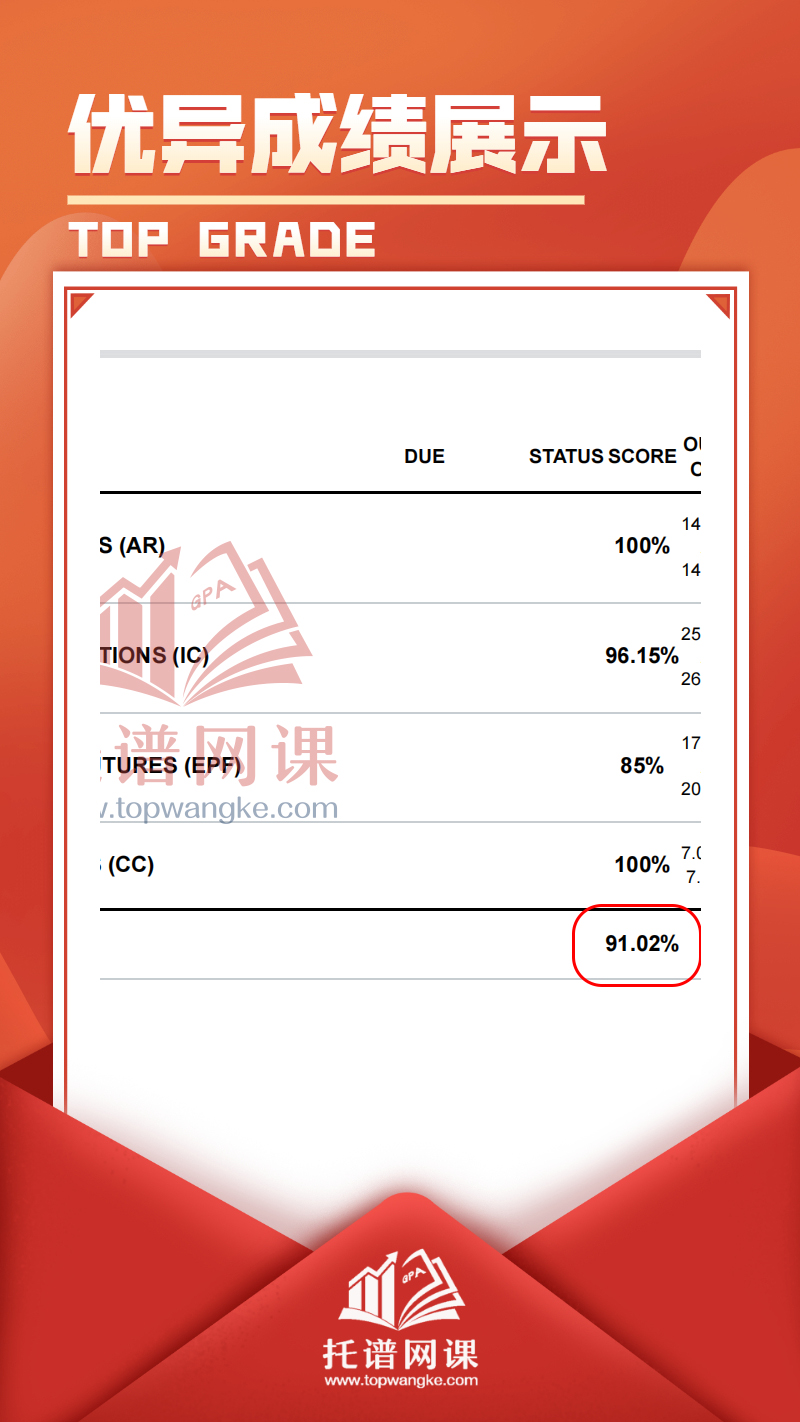1.什么是字幕? 谁是翻译员? 越南文首次在何时何地发行? 它最初在何时何地以英语发布? Bao Ninh是哪一年出生的?
该书名为《战争的悲伤》,副标题为“北越小说”,由北越著名作家鲍宁(Bao Ninh)撰写。 鲍宁(Bao Ninh)生于1952年,是越战的前士兵。 他曾在光荣的第27青年旅服役。 他是1969年战争中幸存下来的十个人之一(《宁夏》(Ninh 1))。 该书于1991年在越南河内首次出版,1993年由潘清昊(Phan Thanh Hao)译成英文,由英国的马丁·塞克和华宝有限公司(Martin Secker&Warburg Limited)在英国伦敦的弗兰克·帕尔莫斯(Frank Palmos)编辑。1994年,该书获得《独立报》 1994年外国书评 小说奖。 后来,该书被翻译成其他版本,包括法国,德国,意大利和日本等。
1、What is the subtitle? Who is the Translator? When and where was it first published in Vietnamese? When and where was it first published in English?. In what year was Bao Ninh born?
The book, "The sorrow of war", subtitled "a novel by North Vietnam", was written by Bao Ninh, a famous writer in North Vietnam. Bao Ninh, born in 1952, is an ex-soldier in the Vietnam War. He was served with the Glorious 27th Youth Brigade. He is one of ten who survived the war in 1969 (Ninh 1). The book was first published in Hanoi, Vietnam in 1991, and translated into English by Phan Thanh Hao and edited by Frank Palmos in London, the UK, by Martin Secker & Warburg Limited in 1993. In 1994, the book received The Independent's 1994 Foreign Fiction Award. Later, the book was translated into other editions, including France, Germany, Italy, and Japan, among other countries.
2.用每句话说几句话,这四位女性在小说中的主题作用是什么? (4个简短答案):A. Phuong,B。Hoa,C。静音女孩? D.新山一机场的裸体女人? (4点-每16点总计)
Bao Ninh在书中使用了分散的结构。没有时间顺序。这本书讲述了一个老兵的故事,以及他如何经历爱,希望,绝望和同志。最后,所有的人都消失了,只是创伤。它由许多内存组成。一切都那么真实。它使听众感受到作者的创伤。在书中,他描绘了许多女性角色,其中包括Phuong,Hoa,沉默寡言的女孩以及Tan Son Nhat机场的裸体女人等。它们全都代表不同的含义,并在本书中具有重要的主题功能。
一个。丰
作者用大量段落来描述Phuong。 Phuong是反映Kien情感的角色,Phuong是Kien在某种程度上的精神支持。当坚恩从最艰难的时刻回忆起时,他总是会想到潘。她赋予肯恩在战争中继续前进的精神力量。肯恩(Kien)与潘(Phuong)在一起的青春回忆录纯净而优美。当作者描述肯恩的梦想时,他将潘富与疯狂,扭曲,孤独和悲伤(宁70)进行对比,这意味着潘是肯恩的安慰,希望和幸福。
然而,这场战争摧毁了Phuong和肯恩一生中所有最美丽的事物。火车上发生的一切摧毁了Phuong和Kien –她的“奇怪的陌生而空荡的表情”使Kien崩溃了(Ninh 203)。坚和普昂都是恐惧和绝望。它揭示了战争如何深刻地伤害了他们的生活,没有回头路可走了。 Phuong与Kien的conversion依令人发指。她说:“你看不到吗?不是伤口!不能包扎!”(Ninh 204)。它不仅谈论Phuong,而且谈论Kien。他在战争中幸存下来。他还活着回家,身上再也没有伤口了。但是,他的心理创伤和悲伤永远无法“包扎”。 Ninh(71)写道,Kien不能忘记Phuong,但他仍然想要她。我认为健恩不能忘记的是他一生中美丽的青春记忆。坚恩仍然想要的是爱。但是战争摧毁了所有人。 Phuong是他年轻时的爱与希望,战后是他的悲伤和遗憾。
同时,我认为Phuong和Kien的特征之间存在另一种对比。 Phuong询问Kien为什么他必须参加战争,她试图说服他不要参加。但是肯恩非常坚定。这反映了他在对爱人的爱和对国家的爱之间的选择。从他关于青年的回忆录中长篇小说中,我认为他感到遗憾。但是,如果他有第二选择,我认为他仍然会做出相同的选择。毕竟,战争并没有给他第二选择。
b。 a
如果说Phuong代表着爱,那么Hoa代表着Kien一生的同志。 Hoa的牺牲有助于Kien的生存。 Hoa是一个非常勇敢的人物,她心目中的神圣目标。她代表了战争中每位士兵的思想-他们会为赢得战争和为新的未来而竭尽全力。但是,现实使战后所有的希望都破灭了。现实是,“没有新的生活,没有新的时代,也没有希望现在驱动着我前进的美好未来,而是相反。希望寄托在美好的战前历史中”(Ninh 47)。那个士兵以为战争的结束是越南的救赎。但事实并非如此。冲突带来的不可挽回的创伤改变了他们的一生。那些幸存下来的人继续生活,但没有燃烧的意志。 Hoa代表战争期间的燃烧意志,与战后的悲惨现实形成对比。
C。静音女孩
静音女孩是保存原稿页的人。我认为沉默寡言的女孩指的是作者的内心。这位沉默寡言的女孩见过作者最疯狂的页面,他的悲伤,他的疯狂和痛苦,就像作者在战争期间和战争之后遭受的痛苦一样。但是,这个沉默寡言的女孩永远也不会说话。同样,提交人无法释放他内心的所有悲伤和痛苦。宁(230)解释说作者之所以写是因为他必须写。我认为作者不知道如何释放自己的创伤和痛苦。他发现的唯一方法是写作。他将痛苦和痛苦传递给了一个“孤独,沉默寡言的女人”,她无法表达自己的意思(Ninh 230)。在某种程度上,他与沉默寡言的女孩相似。他正在写关于自己的文章。
另一方面,沉默寡言的女孩也代表我们,观众。战争期间我们没有经历所有的事情。我们听了作者的话。我们可以感觉到作者的情绪,但是我们不可能完全了解它。
d。 新山一机场的裸体女人
通常,作者会用悲伤的语气来写故事。 但是,当他在新山一机场(Tan Son Nhat Airport)写下裸体女人时,我感到的是无尽的绝望。 裸女代表着数千人的生命,他们在战争中被杀害和屈辱。 与战争的“神圣”目标相比,人类显得微不足道。
这四个字符代表不同的含义,反映了不同的情感。 它们的特征与某些事物形成鲜明对比,这给书添加了更醒目的和令人震惊的基调。
2. In a few words for each, what is the thematic function of these four women in the novel? (4 SHORT ANSWERS): A. Phuong, B. Hoa, C.The Mute Girl? D. The naked woman in Tan Son Nhut Airport? (4 pts each--16 total)
Bao Ninh uses a fragmented structure in the book. There is no chronological order. The book tells the story of a veteran and how he experienced love, hope, desperation, and comradeship. And in the end, all of them are gone but trauma. It consists of many pieces of memory. Everything feels so real. It brings the audience to feel the trauma with the author. In the book, he depicts many female characters, including Phuong, Hoa, the mute girl, and the naked woman in Tan Son Nhat Airport, among the others. All of them stand for different meanings and have a significant thematic function in the book.
a. Phuong
The author uses a lot of passages for the depiction of Phuong. Phuong is the character that reflects Kien's emotions, and Phuong is Kien's mental support in a way. When Kien recalled from the hardest time, he would always think of Phuong. She gave Kien the mental power to carry on during the war. Kien’s memoirs of youth with Phuong are beautiful and pure. When the author describes Kien’s dreams, he contrasts Phuong with craziness, distortion, loneliness, and sorrow (Ninh 70), which means that Phuong is Kien's comfort, hope, and happiness.
However, the war destroyed Phuong and all the most beautiful things in Kien's life. What happened on the train destroyed Phuong and Kien – her "curiously unfamiliar and vacant look" made Kien collapsed (Ninh 203). It is fear and desperation in both Kien and Phuong. It reveals how war hurt their life profoundly, and there is no going back. Phuong's conversion with Kien is very provoking. She said, "can't you see? It's not a wound! It can't be bandaged! "(Ninh 204). It not only speaks about Phuong, but it also talks about Kien. He survived the war. He went home alive, and there is no wound on his body anymore. However, the trauma and sorrow in his psychology could never be "bandaged". Ninh (71) wrote that Kien could not forget Phuong and he still want her. I think what Kien could not forget is the beautiful youth memory in his life. What Kien still want is love. But the war has destroyed all of them. The Phuong was his love and hope during youth and his sorrow and regret after the war.
Meanwhile, I think there is another contrast between Phuong's and Kien's characteristics. Phuong asked Kien why he had to go to the war, and she tried to persuade him not to go. But Kien was very determined. It reflected his choice between the love for lovers and the love for the country. From the long passages of his memoirs about youth, I think he is regretful. However, if he had had a second choice, I think he would still make the same choice. After all, the war did not leave him a second choice.
b. Hoa
If Phuong represents love, Hoa stands for comradeship in Kien's life. Hoa's sacrifice helped Kien's survival. Hoa is a very courageous character with the sacred goal in her mind. She represents every soldier's thoughts during the war – they would do anything to win the war and for the new future. However, the reality failed all those hopes after the war. The reality is, "there is no new life, no new era, nor is it hope for a beautiful future that now drives me on, but rather the opposite. The hope is contained in the beautiful prewar past" (Ninh 47). The soldier thought that the end of the war in Vietnam's salvation. But it is not. The irreversible trauma brought by the conflict changed their whole life. Those who survived continue to live, but without the burning will. Hoa represents the burning will during the war and contrasts the sad reality after the war.
c. The Mute Girl
The mute girl is the person who kept the manuscript pages. I think the mute girl refers to the author's heart. The mute girl has seen the author craziest pages, his sorrow, his insaneness, and his agony, just like the author's heart has been through a lot of suffering during and after the war. However, the mute girl could never talk. It is the same that the author could not release all the sorrow and agony in his heart. Ninh (230) explains that the author had written because he had to write. I think the author did not know how to let his trauma and pain out. The only way he found was to write. He delivered his trauma and pain to a "lonely, mute woman", who has no way to express herself (Ninh 230). He is similar to the mute girl in a way. He is writing about himself.
On the other hand, the mute girl also stands for us, the audience. We did not experience all the things during the war. We listened to the author. We could feel the author's emotions, but there is no way we could know the whole of it.
d. The naked woman in Tan Son Nhat Airport
In general, the author uses a grieving tone to write the story. However, when he wrote the naked woman in Tan Son Nhat Airport, all I feel is endless desperation. The naked woman represents thousands of lives who have been killed and humiliated in the war. Compared to the "sacred" goal of the war, humans seem so insignificant.
These four characters represent different meanings and reflect mixed emotions. Their characteristic contrasts certain things, which adds a more striking and heart-wrecking tone to the book.
3.在简短的段落中,提出以下论点:从阅读《战争的悲伤》中学到的重要课程是什么? (9分)
我学到的重要教训是,战争没有成败。当我读这本书时,我在想,什么是胜利?生存是什么?大多数历史书籍都说越南赢得了这场战斗。但是吗?根据历史事实,越南确实赢得了战争。但是,如果我们看看越南人民,战争只会给他们带来无尽的痛苦和创伤。坚恩认为获胜会给未来带来启发。他似乎是战争的幸存者。但是他的灵魂在战争期间已经消失了。其余的也被战争完全破坏了。他在身体上幸免于难,但在精神上幸存下来。他在战争中失去了一切。他失去了爱,同志和希望。他失去了生命中的光彩(Ninh 227)。
另一方面,从叙述方法和结构技巧的角度,我也学到了很多东西。宝宁以零散的结构组织本书的方式触动了听众的心灵。它看起来很原始,但却带来了最真实和真实的情感。它使用大量段落来描述环境(即丛林中的泥土),从而营造出一种对故事充满恐惧和悲伤的氛围。它几乎把观众带入了战争。与其他更着眼于宏观视角的战争书籍(即战争中的因果关系)相比,这种方法更加精致,并产生了更多的情感感受。
3. In a short paragraph, argue the following: What is an important lesson you learned from reading THE SORROW OF WAR? (9 pts)
The important lesson I learned is that there are no wins or losses in wars. When I was reading the book, I was thinking, what is winning? And what is survival? Most historical books state that Vietnam won the battle. But is it? Based on historical facts, Vietnam did win the war. However, if we look at the people in Vietnam, the war only left them with endless pain and trauma. Kien thought that winning would bring enlightenment to the future. He seems to be a survivor of the war. But part of his soul has already gone during the war. And the rest is fully damaged by the war as well. He survived the war physically but not mentally. He lost everything during the war. He lost his love, his comradeship, and his hope. He lost the shining in his life (Ninh 227).
On the other hand, from the way of narrative method and structure skills, I also learned a lot. The way Bao Ninh organized the book with a fragmented structure touches the bottom of the audience's heart. It looks quite raw, but it brings the most honest and real emotions. It uses a lot of passages to describe the environment (i.e., the mud in the jungles), which creates an atmosphere with fear and grief for the story. It almost brings the audience to the war. Compared to other war books that focus more on a macro perspective (i.e., causalities in a war), this approach is more exquisite and raises more emotional feelings.
Work Cited
Ninh, Bao. The Sorrow of war: a novel by North Vietnam. Translated by Phan Thanh Hao, edited by Frank Palmos, Martin Secker & Warburg Limited, 1993.
关键词:代修网课;essay代写






